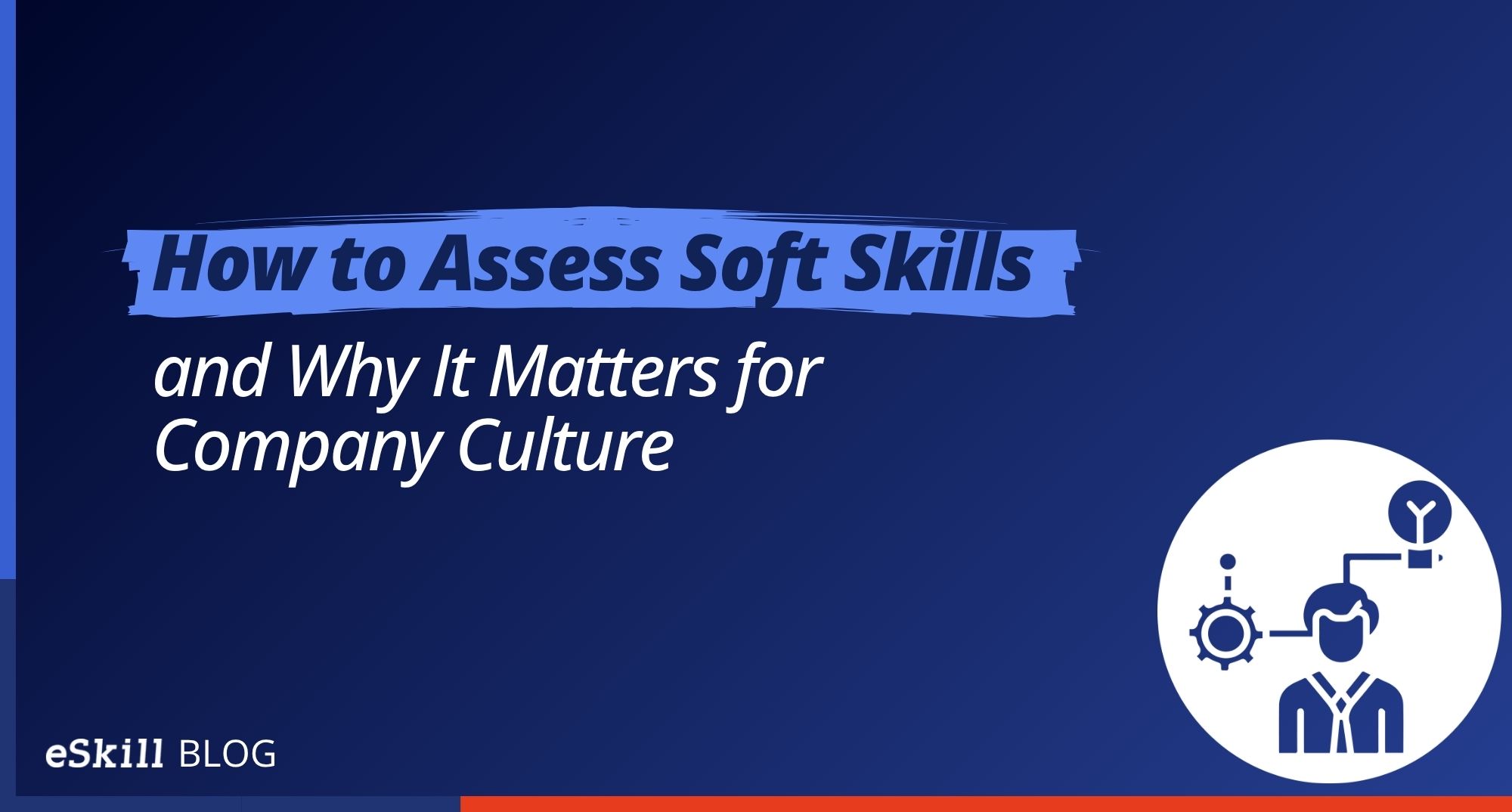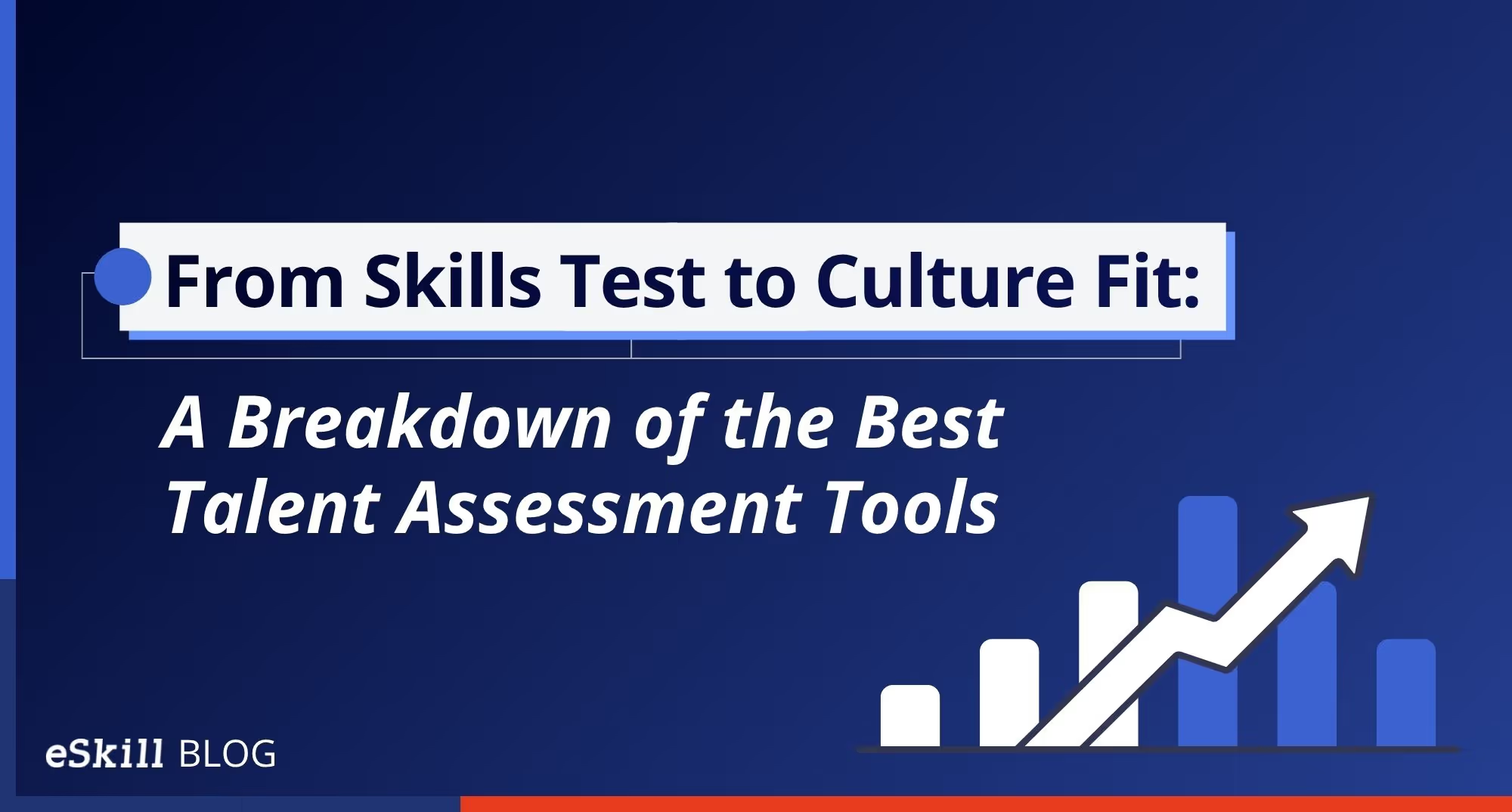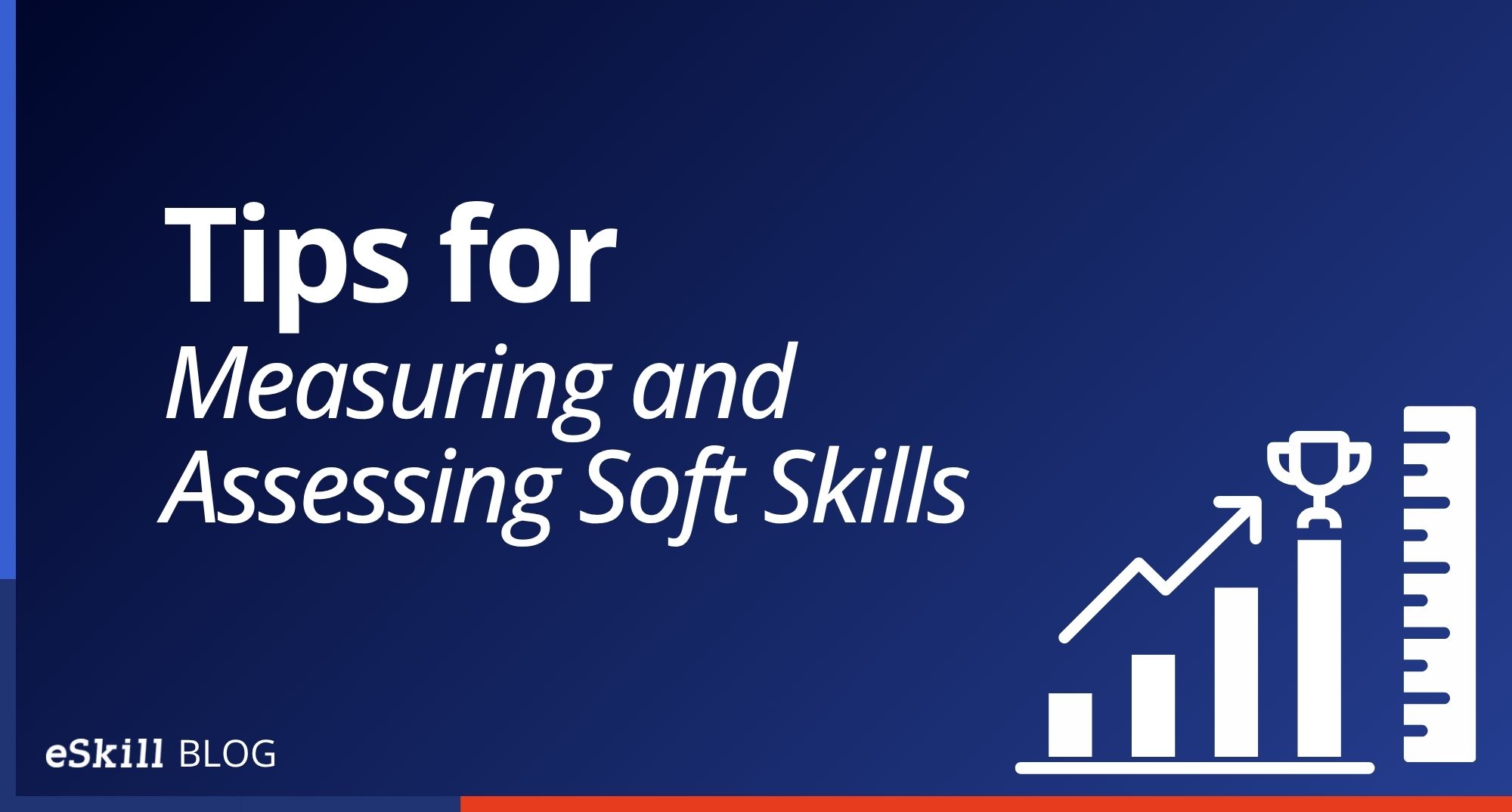When HR teams hire employees, they focus mainly on hard skills, abilities that are needed to do the job, and disregard the importance of soft skills. This is a big mistake because while job-specific abilities are essential to success, hiring a candidate who lacks soft skills can result in poor team chemistry, decreased productivity, and higher turnover.
Turnover is an expensive productivity killer. In 2022, the cost of voluntary employee turnover amounted to over $1 trillion. For a professional employee, the cost ranges from 100 to 150% of the person’s salary. For a senior manager, it can be as high as 213%.
Approximately 70% of managers fail within the first two years of assuming a leadership role. So, business leaders have learned that using soft skills assessments is an excellent way to improve leadership company-wide and reduce turnover.
How do Hard Skills and Soft Skills Differ?
Hard skills are abilities candidates have acquired through training, school, or work experiences. They are usually something that can be taught or learned and can be easily measured and verified. For example, applicants either know how to use advanced PowerPoint and Excel features or do not.
Soft skills are personal attributes that reflect whether an applicant can interact effectively and congenially with colleagues, customers, and stakeholders. They determine how candidates will interact with team members, colleagues, and customers and how they will represent your brand.
How to Assess Soft Skills During Hiring
According to Robert Walters, 73% of turnover is due to poor cultural fit. So, assessing soft skills is critical for all jobs to determine whether candidates will work effectively on their assigned team and whether they are a good fit for your company culture.
Unfortunately, soft skills are difficult to evaluate. The friendly, outgoing person who sounds like the perfect hire might be a completely different person on the job. These are some ways to assess soft skills during your hiring process.
Use Pre-Employment Tests: Pre-employment testing is one of the most powerful hiring tools an organization can use. Soft skills assessments that measure emotional intelligence, reasoning ability, and change management show how candidates approach problems and interact with colleagues and customers so you can determine if they are a good fit for your company culture. Top organizations adopt an industry-leading assessment solution like the eSkill Talent Assessment PlatformTM.
Ask Candidates Which Soft Skills They Think Are Important for a Job: When interviewing candidates, ask which soft skills they think are most important and why. If they do not understand the job well enough to know what skills are needed to be successful, it is likely that they are not a good fit. For example, suppose the position requires managing employees in a global team. In that case, candidates’ answers should show they understand it is essential to know how to manage remote and hybrid teams effectively.
Ask for Examples of How They Used Soft Skills in a Work Environment: This allows candidates to show they understand which soft skills are essential for the job and shows you how they handle difficult situations. Their answers will indicate how they would react in specific situations and confirm that their actions would not be disruptive or damaging to your company culture. For instance, if the job requires interaction with different departments across your company, examples should show they understand the importance of teamwork and collaboration.
Present Candidates with Scenarios that Require Soft Skills to Resolve: An excellent way to assess soft skills is to present candidates with scenarios they will encounter on the job and ask how they would address the problem. Solving problems and refereeing disputes in the office or a remote team environment requires conflict resolution and problem-solving skills. So, candidates’ answers will either reveal potential red flags or identify someone who would be an asset to your team. For instance, if the job requires managing sensitive situations, you do not want to hire a candidate with low emotional intelligence.
Observe Non-Verbal Behavior and Social Cues Throughout the Hiring Process: You can gain insight into candidates’ soft skills by watching their body language during interviews. See if they answer questions confidently or need to improvise and if their answers sound scripted. You should also note how they treat receptionists, administrative assistants, and others in your company as well as other candidates.
Get Started with Soft Skills Assessments
One of HR leaders’ most common questions is about how to assess soft skills. The eSkill Talent Assessment PlatformTM allows you to select pre-prepared assessments such as Leadership Skills, Emotional Intelligence, and Change Management from the eSkill Assessment Library. You can also build custom soft skills assessments by selecting questions from multiple assessments and adding your own questions if desired.
When applicants complete and submit soft skills assessments, you and your team can quickly identify top candidates and move them to the next step of your hiring process.
Are you ready to learn how soft skills assessments can help you hire top candidates who fit your corporate culture well? Contact us to request a demo.

Get ademo.






